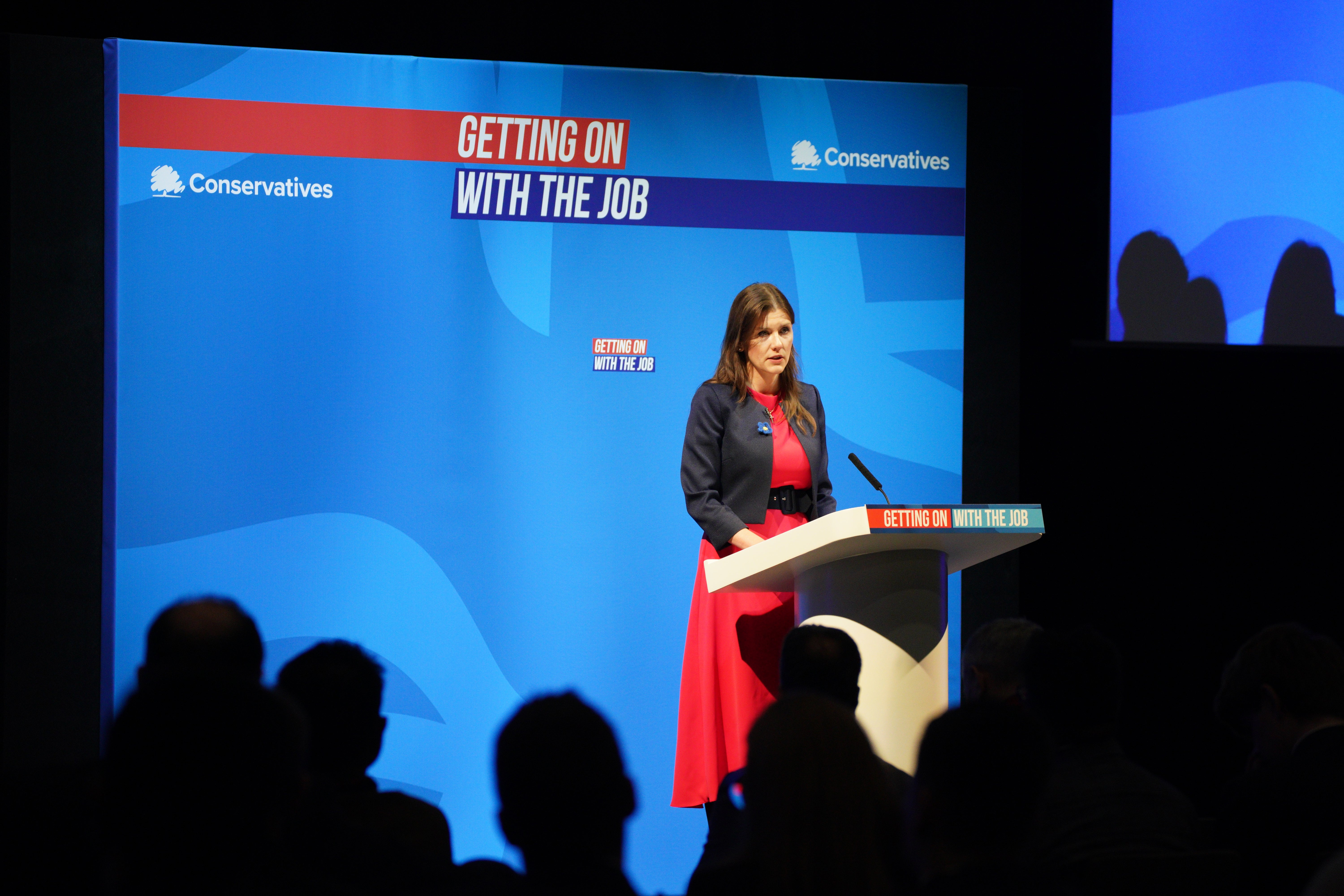Universities should limit ‘low-quality’ courses, minister says
Universities minister Michelle Donelan said young people should not be ‘set up to fail’ by being drawn into courses they are not prepared for.

Your support helps us to tell the story
From reproductive rights to climate change to Big Tech, The Independent is on the ground when the story is developing. Whether it's investigating the financials of Elon Musk's pro-Trump PAC or producing our latest documentary, 'The A Word', which shines a light on the American women fighting for reproductive rights, we know how important it is to parse out the facts from the messaging.
At such a critical moment in US history, we need reporters on the ground. Your donation allows us to keep sending journalists to speak to both sides of the story.
The Independent is trusted by Americans across the entire political spectrum. And unlike many other quality news outlets, we choose not to lock Americans out of our reporting and analysis with paywalls. We believe quality journalism should be available to everyone, paid for by those who can afford it.
Your support makes all the difference.A cap on the number of university students is not on the cards, a minister has said, while stressing the need to rein in “low-quality” courses and ensure young people going into higher education are not “set up to fail”.
Universities minister Michelle Donelan spoke of wanting to “revolutionise” higher education with “a culture change towards lifelong learning, upskilling and reskilling”, underpinned by “confidence in the value of the courses on offer”.
She told the Higher Education Policy Institute (Hepi) annual conference in London on Thursday: “There’s absolutely no sense in improving access to higher education if simultaneously we allow low-quality courses to grow uncontrollably.
If young people are not ready for universities, providers should not be drawing them into courses and then setting them up to fail
“So I’d like to be clear that no one is talking about limiting the overall number of people going into higher education”.
The Conservative MP said the focus should be on ensuring that every young person has a range of “high-quality” routes available to them, be that university, college or an apprenticeship.
“Targeted limits on low-quality courses, to prevent courses that are known to be of low quality from procreating, makes a good deal of sense,” she said.
She said too many students, including from disadvantaged backgrounds, have found themselves on poor-quality courses.
The Government is also considering the idea of minimum eligibility requirements for some university courses, Ms Donelan said.
“No one is talking about banning anyone from going to university. To say this is a complete falsehood.
“What we have consulted on is a plan to ensure that we don’t set people up to fail, and we don’t push some students into university before they’re ready.
“Instead, we focus on preparing them”.
She added: “If young people are not ready for universities, providers should not be drawing them into courses and then setting them up to fail”.
Ms Donelan, who was appointed minister of state for higher and further education last September, also highlighted the importance of defending students from mental health issues, which can lead to them dropping out.
She announced the appointment of the first student support champion to help universities detect early signs of distress and “ensure students remain supported and engaged with their courses”.
“Trailblazer” Professor Edward Peck CBE, vice-chancellor of Nottingham Trent University, will take on the new role, she said.
Ms Donelan called for more integration between universities and the NHS after hearing about the challenges some students have faced in accessing mental health services.
The minister said she has “identified up to £3 million of funding for the OfS (Office for Students) to distribute to universities to develop better partnership” with the health service, and that she will hold a joint summit with health minister Gillian Keegan this month on integration.
Mental health is the main reason given by students considering leaving higher education, according to new data from Hepi and Advance HE.